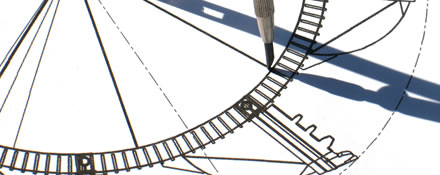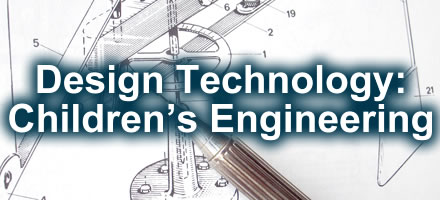
About the Authors

Erin Denniston, M. Ed.
Erin Denniston has been the Science Specialist for McDougle Elementary in Chapel Hill, NC since the school opened in 1996. Prior to that, she was the Science Resource Coordinator for Eno Valley Elementary School in Durham County, NC. After receiving an undergraduate degree in social work, Erin began her career working in a residential treatment center for adolescent boys. From social work, she moved into teaching in self-contained LD/BEH classrooms. Following a military husband around the country led to a number of additional education positions. The journey culminated in an Elementary Education Certification that allowed her to teach in North Carolina. She has 17 years of teaching experience and a Master’s Degree in K-8 Science Education from UNC Chapel Hill. In 2006, she was named one of three state finalists for the prestigious Presidential Award for Excellence in Math and Science Teaching, the second Kenan fellow to be accorded this honor. She has a passion for science education and works on many local and state committees to improve science teaching in North Carolina. Ms. Denniston’s project Design Technology; Children’s Engineering combines physical science content with problem solving--the heart of engineering. Her mentor is Dr. David Ollis, from NC State’s, College of Engineering.
David Ollis, Ph. D.
David Ollis, Distinguished Professor of Chemical and Biomolecular Engineering, North Carolina State University, has research interests in biotechnology, phototechnologies, and engineering education. In the latter, he has developed a device laboratory where students can use, assemble, and take-apart common everyday devices to discover first hand "How Stuff Works." Current devices include bar code scanners, compact disc and DVD players and "burners", digital and video cameras, FAX machines and scannners, GPS (global positioning system), electric and acoustic guitars, bicycles, lawn mower engines, optical fiber devices, photocopiers, and water purifiers.
Use for the device lab have included the following over the last dozen years: summer two week technology camp for high school graduates, summer minority orientation program, semester course for first year engineers, combination (engineering lab-first year English course) to combine taking devices apart with reading and writing about a history of engineering, technology literacy course (How Stuff works) for non-technical majors, lab supplement to courses in other colleges, including foreign language instruction (French and Spanish), technology education, and industrial design.

